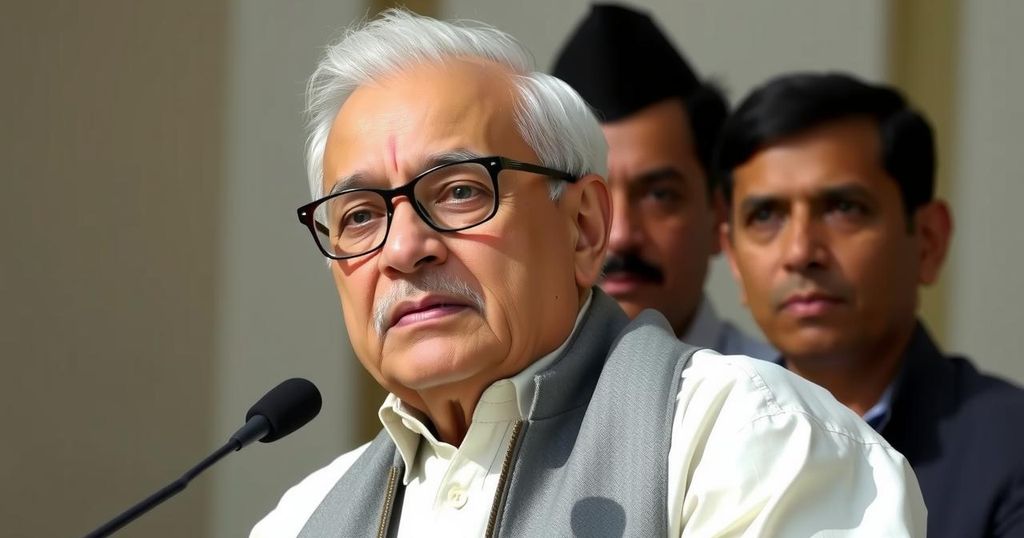Manmohan Singh, as Prime Minister, championed economic liberalization while prioritizing social welfare, leading to a significant reduction in poverty. His reforms initiated in 1991 transformed India’s economy, reflecting his academic insights into trade policy. His approach advocated for export promotion over import substitution, resulting in enhanced competitiveness and substantial growth in foreign reserves, ultimately bridging economic progress with social equity.
Manmohan Singh’s tenure as Prime Minister of India is often characterized by his profound commitment to economic liberalization, aiming to balance it with social safeguards for the nation’s vulnerable populations. His policies between 2005-06 and 2013-14 lifted 271 million individuals out of poverty, illustrating the significant impact of his guided reforms. Additionally, his role in the 1991 economic reforms not only rescued India from an economic crisis but also established it as a formidable player in the global economy. Singh’s academic background profoundly influenced his policy decisions. Attaining his D. Phil from Oxford University under the mentorship of Professor Ian Malcolm David Little, he developed insights that would shape his later strategies.
Singh’s academic focus on India’s export potential led him to critique the restrictive trade policies prevalent during the early years of independence. His dissertation titled “India’s Export Trends and Prospects for Self-Sustained Growth,” published in 1964, analyzed the stagnation in India’s export earnings, advocating for a transition from import substitution to export promotion. Singh’s thesis emphasized that for India to achieve sustained economic momentum, it needed to enhance its export capabilities rather than solely focus on reducing imports. This perspective on trade was critical when he implemented pivotal reforms in 1991, which included devaluing the rupee, thus improving the competitiveness of Indian exports.
These reforms were not merely reactive; they were grounded in Singh’s early academic convictions about how economies could thrive by embracing global trade dynamics. The modifications made under his leadership, including slashing import tariffs and removing foreign trade restrictions, resulted in a dramatic increase in India’s foreign exchange reserves, marking a significant turning point in the nation’s economic trajectory.
By coupling liberalization with protective measures for the underprivileged, Singh’s policies not only bolstered economic growth but also fostered social equity. His foresighted approach to governance resonated in the positive outcomes witnessed during his administration, epitomizing his belief that thoughtful policies could create pathways for both economic expansion and poverty alleviation.
Singh’s legacy as an economist and a visionary leader remains vital in understanding how academic insights can translate into tangible policy successes. His journey from an economist critically analyzing trade to implementing transformative economic policies exemplifies how theory and practice can converge for the greater good of society.
Manmohan Singh, India’s former Prime Minister, is widely respected for his role in liberalizing the Indian economy and his esteemed academic background. His reforms during the economic crisis of 1991 repositioned India as a growing global economic power and laid a strong foundation for future growth. Singh’s scholarly work emphasized the need for export-driven growth rather than reliance on imports, influencing his policy decisions throughout his political career. His ability to merge his theoretical understanding with practical governance helped transform India’s economic landscape.
In conclusion, Manmohan Singh’s policies as Prime Minister were significantly influenced by his academic pursuits, particularly his understanding of trade and economic growth. His commitment to liberalization, paired with social safety nets, led to the upliftment of millions from poverty. Singh’s foresight and his application of economic theory into practice established a robust framework for India’s growth, leaving a legacy that underscores the essential connection between academic rigor and effective policy-making.
Original Source: www.hindustantimes.com






